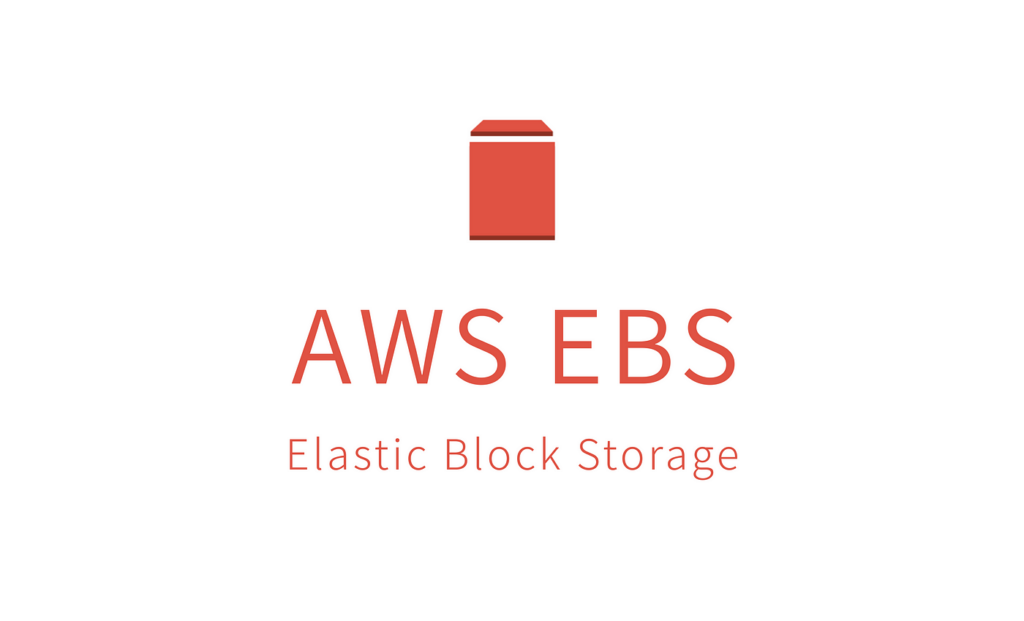
Data is essential for businesses today, but managing, storing, and securing large amounts of data can be challenging. However, cloud computing has revolutionized the storage market and has made it possible to provide scalability, flexibility, and reliability.
AWS Storage Services allow companies to store and manage data efficiently, with the added benefit of scalability and reliability.
AWS offers a range of storage options for businesses to choose from. By using AWS storage services, businesses can streamline their data storage processes, better manage their data, and increase their security.
Table of Contents
Why Choose AWS Storage Services?

AWS has stored more data over time, which has led to constant changes to its data storage techniques. Depending on the workload’s requirements, you can choose from various classes of AWS storage services.
AWS storage servers are suitable for almost all use cases, including those with data residency constraints, uncertain or irregular access patterns, and archive storage needs.
When choosing a storage service, AWS (Amazon Web Services) is popular for individuals and businesses. AWS offers different storage options to meet specific needs. Here are some reasons why people choose AWS storage services:
- Scalability: AWS provides storage services that can handle large and small amounts of data and grow with your company’s needs. You can store huge amounts of data or just a little and quickly scale up or down as your needs change.
- Security: AWS takes security seriously and secures client data with access controls, and compliance certifications. Users can encrypt data during transfer and storage to increase security.
- Global Reach: Due to the presence of data centers spread across the globe, AWS has established a substantial global infrastructure. This makes it easier for companies to keep their data closer to their customers and improves their experience by reducing latency.
- Cost-effectiveness: AWS offers pay-as-you-go pricing for storage, which means customers only pay for the storage they use. This option is cost-effective for companies with varying storage needs since they won’t have to purchase or maintain physical equipment. The pricing strategy helps businesses save resources and costs.
Types of AWS Storage Services
AWS offers data recovery, backup, and archiving options across seven storage service types. Let’s examine the various types of services:
Simple Storage Service
With Amazon S3, you can store and retrieve any kind and volume of data you require from a dependable and user-friendly cloud storage solution. Your data can be arranged into buckets, with a maximum capacity of 5 terabytes per bucket.
S3 automatically saves your data in several data centers across different locations, so you can be sure it is safe and secure.
This service is flexible, meaning you can use it for many other purposes, such as backing up and restoring data, archiving data, hosting static websites, and more.
Amazon EBS

EBS provides block-level storage for AWS EC2 instances. EBS volumes provide reliable and fast storage for applications like boot volumes, databases, and high-performance computing.
Different types of EBS volumes are available, including SSD-backed volumes for fast input/output performance and HDD-backed volumes for more cost-effective data storage.
Amazon Glacier
Amazon Glacier is a storage solution that keeps your data safe and can be used for long-term backup and archiving of infrequently accessed data.
It is ideal for businesses that must comply with regulations because it is cost-effective and durable.
Glacier offers three ways to retrieve your data: Expedited, Standard, and Bulk. Depending on how quickly you require access to your data, you can select the optimal alternative.
Amazon Elastic File System
Amazon EFS simplifies file storage with its fully managed, highly available, and scalable services.
It allows multiple EC2 instances to share a single file system using the Network File System (NFS) protocol. EFS is ideal for applications requiring shared data access and dynamic workloads since its storage space automatically expands as new files are added.
Amazon Snowball
Amazon Snowball is a physical device that assists users with transferring vast amounts of data to and from AWS.
It comes in two versions – Snowball and Snowball Edge. Both versions have built-in security and encryption features that ensure the safe transfer of data.
These devices are particularly useful when transferring data using a network, which is impractical because of the enormous volume of data involved.
Amazon Storage Gateway
If you have applications on-premises, you can easily store, access, or archive data in the AWS cloud with Storage Gateway.
To do this, you need a computer in your data center that has the storage gateway software and is connected to AWS. It is a cost-effective and efficient way to transfer data from on-premises to the cloud, and it also has a local cache that allows you to access the most active data.
The storage gateway also enables you to back up traditional media like tapes, as virtual tapes are stored in AWS Glacier.
Amazon DynamoDB
A service that handles data without the need for tables is Amazon DynamoDB. It can access data quickly and securely.
The service has in-built security features, in-memory storage, and multi-region, multi-master replication abilities.
It can also adjust its capacity based on how much it’s being used. Games, web and mobile app development, and other variable workloads are among the popular uses for DynamoDB.
Conclusion

AWS Storage Services offers a range of managed solutions that are scalable, durable, and secure and cater to different storage needs.
Organizations can manage their data more effectively in the cloud by using Amazon S3 for object storage and Amazon Glacier for archival purposes.
Also, opting for AWS managed services ensures operational ease, allowing businesses to focus on their core objectives, while AWS infrastructure provides reliability and expertise.







